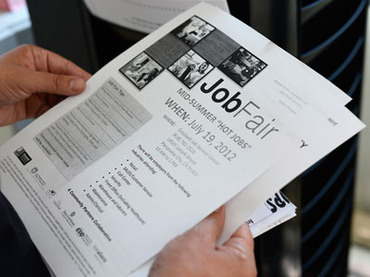Egyptian Minister of Social Solidarity Nevine El-Kabbaj announced the launch of a positive parenting programme, in cooperation with the United Nations International Children’s Emergency Fund (UNICEF) and the European Union (EU).
The programme offers to most vulnerable families; community-based groups sessions on key parenting domains including: proper care, emotional and social support, healthcare, nutrition, learning and cognitive development, and positive discipline through which families gained knowledge on child marriage, violence, FGM, and education.
The Ministry of Social Solidarity adopts the concepts of positive parenting within the package of interventions for social protection and early childhood development programmes. The programme presented the curriculum implemented in villages and governorates of ‘Decent life’ initiative. The programme also uses the interactive communication platform of Social Solidarity in documenting and following up with families in need of advice on family and education issues through communication via hotline 1442.
El-Kabbaj said that positive parenting is a constitutional and legal obligation in the first place, as it is one of the dimensions of development, sustainable, and social protection for the Egyptian family, especially the most vulnerable ones.
She added, “The most important axes of positive parenting adopted by the Ministry are primary care, early childhood development, social upbringing, emotional and psychological development of the child, and positive discipline. Moreover, Egypt has achieved a great development in the field of childhood development indicators. In the last two decades, the enrollment rate of children in the primary stage has reached about 99%, and the mortality rates for children before five have decreased to 19.5 per thousand births in 2017, in addition to the coverage of basic vaccinations for children.”
Moreover, Sahar Al-Sunbati, Secretary General of the National Council for Childhood and Motherhood, said, “The launch of the positive parenting programme will be a life style for the future of Egypt, because in order for our country to be properly built, we have to properly educate our children.”
Jeremy Hopkins, UNICEF Representative in Egypt, said, “Positive parent-child interaction is an essential requirement for early childhood development and to prevent violence against children. Evidence has shown that children, who receive attention, care and affection, as well as consistent nonviolent discipline, are more likely to achieve their full development. They learn social skills and make a meaningful contribution to society and they are also more likely to transfer these skills to their own children.”
Head of the EU Delegation to Egypt, Ambassador Christian Berger, commented, “Worldwide, the EU and Member States are investing significant resources to support life-changing programmes for children, including in Egypt with its young population. Through EU cooperation with Egypt, we are proud to have contributed to an approach promoting ‘Positive Parenting’, as an enabler for child development and protection from violence. This type of support has gained significance right now during the COVID-19 pandemic where children and adolescents are amongst those affected most. In cooperation with our partners in government, civil society, and UNICEF, the EU remains committed to the promotion and protection of child rights in Egypt.”
Toward that end, the formative research on positive parenting indicated that almost all boys and girls have been to school, with only approximately 2% with no education. However, gaps in parental knowledge, attitude and practices related to breastfeeding, hand washing, oral hygiene and food diversity are widespread. Interviewed parents were more than twice as likely to report the importance of education in helping their boys find a better job in the future, as compared to their girls.
The parenting programme is one of the Egyptian government’s top priorities and a strategic intervention to promote the wellbeing of children and families in the country.




